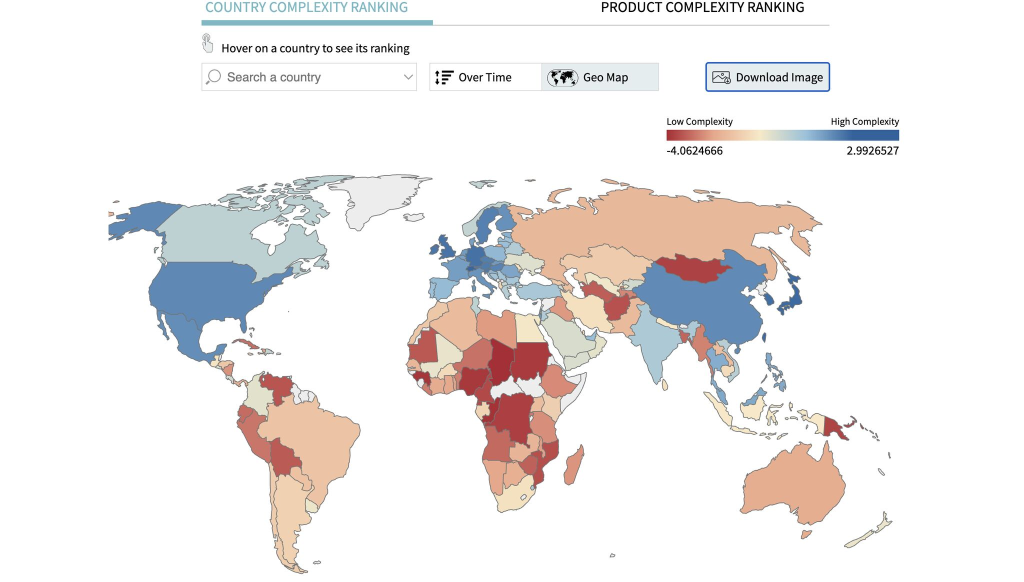Australia ranks 105th on the Harvard Economic Complexity Index, behind countries like Botswana, Zambia, and Pakistan.
That’s something I learned about when I first arrived here, and it’s always stuck with me. Before anyone starts yelling, “seppo go home,” let me explain what it means and why it matters.
I learned about the Index from scholar Professor Lars Coenen, the inaugural City of Melbourne Chair of Resilient Cities. He calls it the Australian paradox, a country full of “smart cities in a rich but dumb economy.” Australia consistently ranks among the top countries in the world for innovation inputs like research funding, universities, talent, and infrastructure.
Nationally, though, Australia struggles to convert brainpower into breakthroughs like patents, high-tech exports, or new ventures. That means Australia invests a lot but produces way less than it should. Our innovation efficiency – how well we turn ideas into impact – ranks around 58%. Countries like China and Switzerland come in at over 90%.
Why? The economy is structurally simple, undiversified, and overly reliant on commodities, not making high-tech stuff.
Meanwhile, the quasi-monopolisation of big retail brands makes it even more difficult for smaller competitor brands to gain a foothold in the market. Two players dominate grocery and liquor. Likewise, two aviation firms rule the skies. In fact, Australia ranks as one of the world’s most concentrated markets, with industry concentrating more than ever. This drives up prices, stymies competition, and reduces innovation.
Even worse is that these big players aren’t going anywhere. Research by the OECD and Macquarie University found that between 2007 and 2021, monopolisation led to as many as 6,300 fewer employing firms than Australia would have had otherwise. That’s a lot of potential innovation and jobs lost thanks to Coles and Qantas.
And it’s dragging Australia down, worsening 6 positions on the Harvard Index in the last decade. Authors note “Australia is less complex than expected for its income level. As a result, its economy is projected to grow at just 1% annually over the coming decade, ranking in the bottom half of countries globally.”
Australia has the capacity to lead, but it needs a deliberate strategy to improve innovation outcomes, wean itself off digging stuff out of the ground, and capitalise on the amazing brainpower we know exists right across this great country.
What one change do you think would most improve Australia’s innovation performance?

This article is republished, with permission, from John Pabon. John is a sustainability strategist and author focused on helping businesses cut through greenwashing and make environmental responsibility profitable. He is the founder of Fulcrum Strategic Advisors and the author of “The Great Greenwashing.”







































